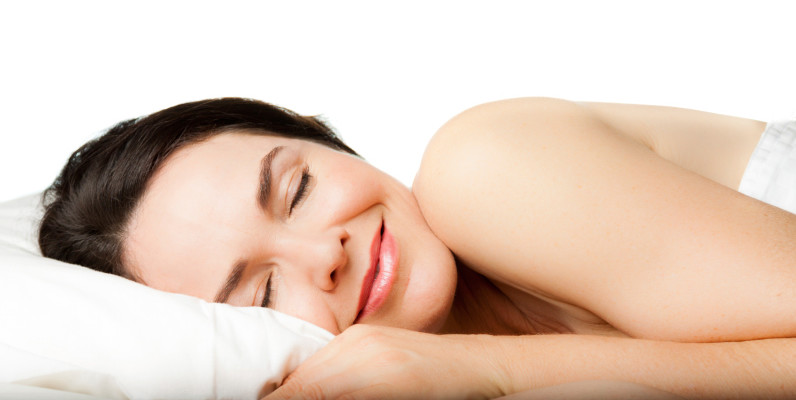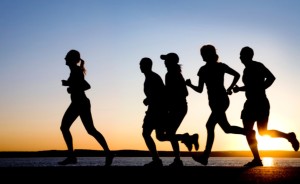What Exercise Has to Do with Improving Sleep

How well you sleep affects how you feel, think and act during waking hours. And if you are suffering from lack of energy, resulting to low productivity and irritability during the day, it may be time to look into your daily routines and review what could be wrong or maybe missing that affects your sleep. Have you looked into your physical activities and considered exercise lately? Did you know that, according to studies, exercise and sleep are correlated in a sense that getting enough of physical activities or exercises can improve sleep? If you want to promote better sleep, check out the following and learn more about it.
Sleep and Exercise: How Are They Linked?
According to the 2013 Sleep America Poll conducted by the National Sleep Foundation, people who exercise on a regular basis can sleep better than the people who do not engage in any, concluding that there is a direct link between sleep and exercise and noting that exercise can dramatically improve sleep, especially for patients suffering from insomnia.
The same survey participated by 1000 respondents (intense exercisers) discovered that these people were best sleepers, while only 17 percent of them reported to having poor sleep and over 50 percent of non-exercisers experienced poor sleep yet more sleepiness at daytime. Part of this data, about 24 percent of light exercisers revealed of having difficulty in sleeping.
Start small, according to experts. If you’re a non-exerciser, start with small steps, like a 10-minute walk every day so that you can improve your night sleep. Perhaps, it is not the amount of time you spend to get back to fitness that will eventually result to better night sleep, but it is in your consistency to performing even basic exercises, such as jogging or walking.
More so, studies suggest that lack of exercise can also put you at a greater risk of developing sleep disorders, including apnea and insomnia. In fact, 44 percent of non-exercisers are at a moderate risk to suffering from sleep apnea.
Based on the above, you can tell for yourself that indeed exercise impact sleep, and so you may want to get started to incorporating even light to moderate physical activities into your daily schedule so that you can achieve better sleep.
But What Is Exercise and Timing It About?
You might have heard that you should not exercise before sleeping. And one thing behind it is that your temperature goes up when you exercise and it then drops after six hours. The cooler your temperature drops the more you will be feeling sleepy, according to the National Institute of Neurological Disorders and Stroke. So overall, take note of exercising at least six hours before hitting the sack.
But don’t worry if you cannot do that because you can still exercise at any time of the day to achieve overall physical health. Just remember, do not engage in exercise the last couple of hours before sleeping, so you won’t stay awake when you have to sleep. Finally, consult your doctor prior to incorporating exercise into your daily routine, especially if you have a pre-existing medical condition.


Recent Comments